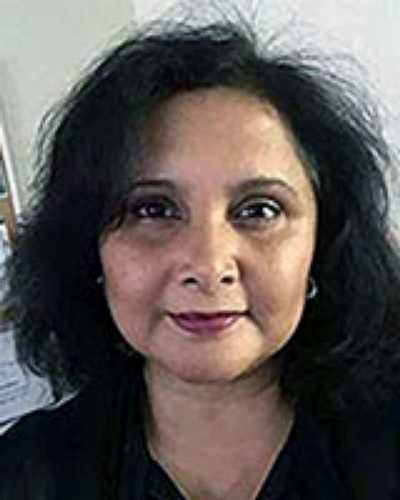early abstract:
Introduction: Nepali-speaking Bhutanese refugees have been subject to one of the largest resettlement programs in the world and experience higher rates of chronic pain when compared to the general population. The purpose of this study was to explore qualitative conceptualisations of chronic pain among a group of Nepali-speaking Bhutanese adults with a refugee background who relocated to rural and regional Australia.
Methods: Participants included 22 individuals (females n = 15) with chronic pain, who took part in structured qualitative focus groups exploring their experiences of chronic pain. Data were analysed using thematic analysis and five main themes were developed.
Results: These themes were: 1) pain is persistent and creates suffering, 2) pain is subjective and poorly understood, 3) pain is a biomedical problem that needs to be solved, 4) pain is complex and more than a biomedical problem, and 5) coping with pain is multi-faceted. Some participants view pain through a predominantly biomedical lens, and some recognise social and psychological factors as contributors to pain. Overwhelmingly, the participants believe pain is complex and multifaceted, requiring active and passive strategies for management, some of which are culturally informed.
Conclusions: The experiences of resettled Nepali-speaking Bhutanese refugees living with pain are important to elucidate to improve healthcare inequalities among this marginalised group. This research will inform future assessment guidelines and treatment programs for Nepali-speaking Bhutanese adults living with chronic pain.
Keywords: chronic pain, refugee health, migrant health, Nepali-speaking Bhutanese, qualitative research, focus groups, rural and remote Australia


